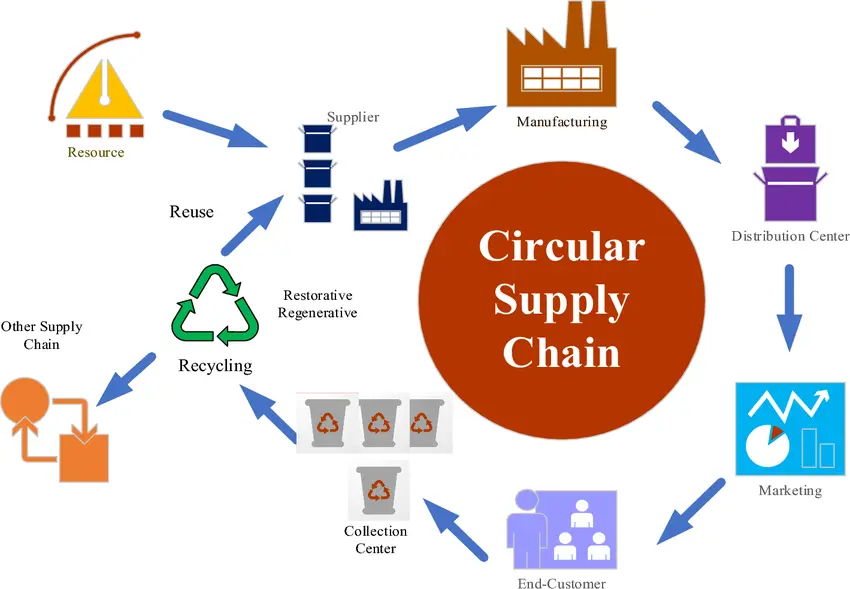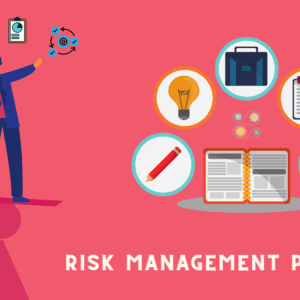As we stand in the middle of 2025, the supply chain landscape is poised for significant transformation. In response to evolving market dynamics and technological advancements, industries are increasingly embracing digital solutions, artificial intelligence (AI), and circular practices to enhance efficiency and sustainability. This article explores the key trends reshaping supply chain management in 2025, offering insights into how businesses can future-proof their operations.
Table of Contents
- Introduction to Supply Chain Challenges
- Trend 1: The Rise of Digital Supply Chains
- Trend 2: Generative AI in Supply Chain Management
- Trend 3: AI-Enabled Planning
- Trend 4: Supply Chain as a Service (SCaaS)
- Trend 5: Embracing Circular Supply Chains
- Trend 6: The Role of Cloud Technology
- Conclusion: Future-Proofing Your Supply Chain
Introduction to Supply Chain Challenges
The global supply chain landscape has been undergoing rapid changes, driven by technological innovation, consumer demands, and environmental concerns. Traditional supply chain models are struggling to keep pace with these changes, leading to inefficiencies and vulnerabilities. Companies are increasingly pressured to adopt new strategies that enhance visibility, transparency, and resilience. As we move into 2024, these challenges necessitate a shift towards more agile and sustainable supply chain practices.
Trend 1: The Rise of Digital Supply Chains
The digital transformation of supply chains is a pivotal trend in 2024. With technologies like Internet of Things (IoT), blockchain, and big data analytics, businesses can achieve unprecedented levels of visibility and efficiency. Digital supply chains enable real-time tracking, improved inventory management, and enhanced customer satisfaction.
Key Actions:
- Invest in IoT devices for real-time monitoring and tracking.
- Implement blockchain for secure and transparent transactions.
- Utilize big data analytics to optimize operations and forecast demand.
Trend 2: Generative AI in Supply Chain Management
Generative AI is revolutionizing supply chain management by automating complex decision-making processes. This technology enhances operational efficiency by analyzing vast datasets in real-time, enabling predictive maintenance and personalized logistics.
Key Actions:
- Develop AI-driven simulations for supply chain optimization.
- Integrate generative AI into demand forecasting and dynamic pricing models.
- Enhance supplier selection processes using AI analytics.
Trend 3: AI-Enabled Planning
AI-enabled planning is transforming how businesses approach supply chain management. By leveraging advanced analytics, companies can streamline operations, reduce manual work, and improve predictability.
Key Actions:
- Implement AI-driven sales and operational planning applications.
- Use AI to identify anomalies and suggest solutions in real-time.
- Develop a cognitive decision center with digital twin capabilities.
Trend 4: Supply Chain as a Service (SCaaS)
Supply Chain as a Service (SCaaS) is an emerging model that offers businesses the flexibility to outsource supply chain functions. This approach enables companies to focus on core competencies while leveraging external expertise for logistics and procurement.
Key Actions:
- Evaluate potential SCaaS providers to enhance supply chain efficiency.
- Focus on strategic partnerships to access specialized skills and technology.
- Utilize SCaaS to manage complex supply chain operations seamlessly.
Trend 5: Embracing Circular Supply Chains
Circular supply chains prioritize sustainability by focusing on reuse, refurbishment, and recycling of materials. This trend not only addresses environmental concerns but also opens new revenue streams.

Key Actions:
- Invest in reverse logistics to streamline product returns and recycling processes.
- Develop partnerships to foster closed-loop systems and reduce carbon footprint.
- Educate suppliers and employees on the benefits of circular practices.
Trend 6: The Role of Cloud Technology
Cloud technology plays a crucial role in modernizing supply chains, offering scalability, flexibility, and enhanced collaboration. By migrating to cloud-based platforms, businesses can optimize operations and improve data management.
Key Actions:
- Transition legacy systems to cloud-based platforms for improved efficiency.
- Leverage cloud solutions for real-time data sharing and collaboration.
- Implement AI-driven cloud technologies for predictive modeling and analytics.
Conclusion: Future-Proofing Your Supply Chain
As we look ahead, the supply chain landscape is set to undergo profound changes. By embracing digital solutions, AI, and circular practices, businesses can enhance efficiency and sustainability. Organizations that proactively adopt these trends will be better positioned to navigate the complexities of the global market, unlock new opportunities, and achieve long-term success.
To stay competitive in 2025, businesses must prioritize the integration of advanced technologies into their supply chain strategies. Explore how digital solutions can transform your operations, and consider partnering with industry experts to guide your journey toward a more resilient and sustainable future.















